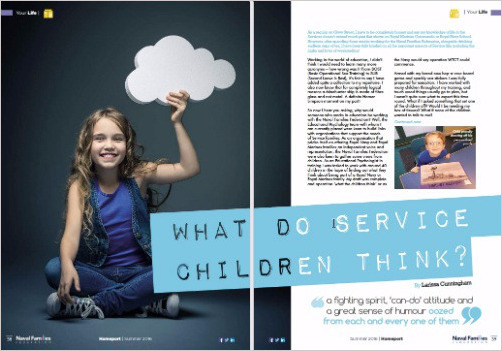Author: Hayley Pinkard
Published: 2021
Publication: European Journal of Special Educational Needs
This paper reports a small-scale qualitative research project, carried out in the south of England. Ten children (aged ten-eleven) with a range of SEN, from mainstream primary schools, took part in individual semi-structured interviews about their TA support. Child-friendly interviews utilised toy props and a creative ‘Ideal TA’ activity to aid communication and engagement. Data were analysed using thematic analysis. Participants’ perspectives highlighted the ways in which their TAs had been deployed, which they perceived to enable helpful scaffolding of learning, but also caused a significant degree of separation from teachers. The nurturing characteristics of TAs were appreciated, and the positive impacts of TA support on pupils’ social inclusion and emotional well-being were emphasised.
This is an Accepted Manuscript of an article published by Taylor & Francis in the European Journal of Special Educational Needs on 20/04/21, available online:
Pinkard, H. (2021) The perspectives and experiences of children with special educational needs in mainstream primary schools regarding their individual teaching assistant support. European Journal of Special Educational Needs, 36(2), 248-264. https://doi.org/10.1080/08856257.2021.1901375

